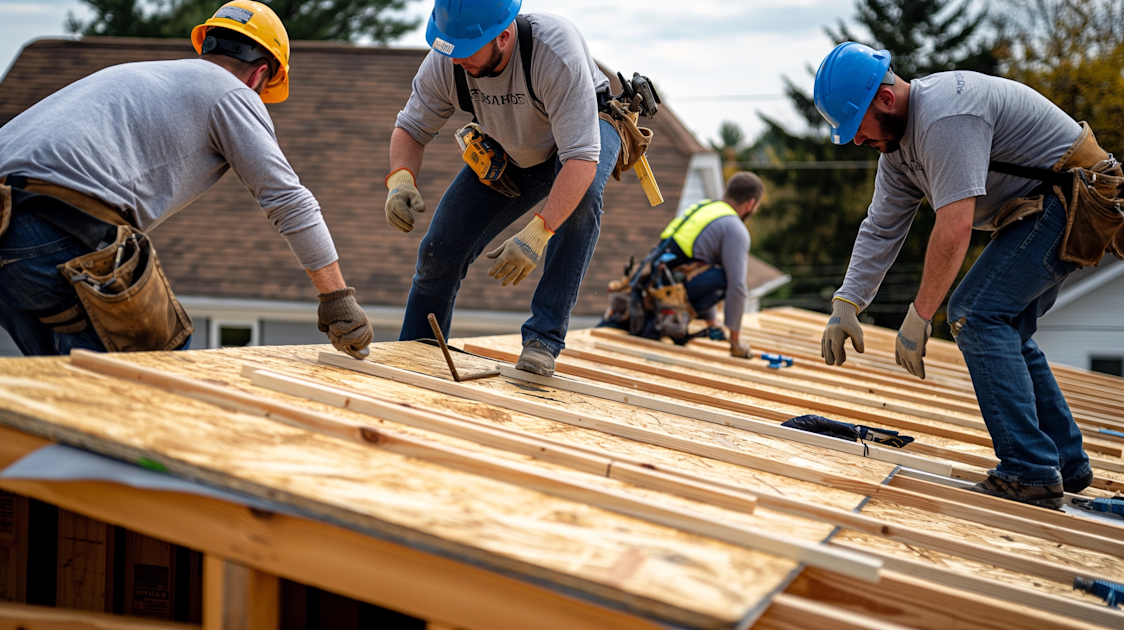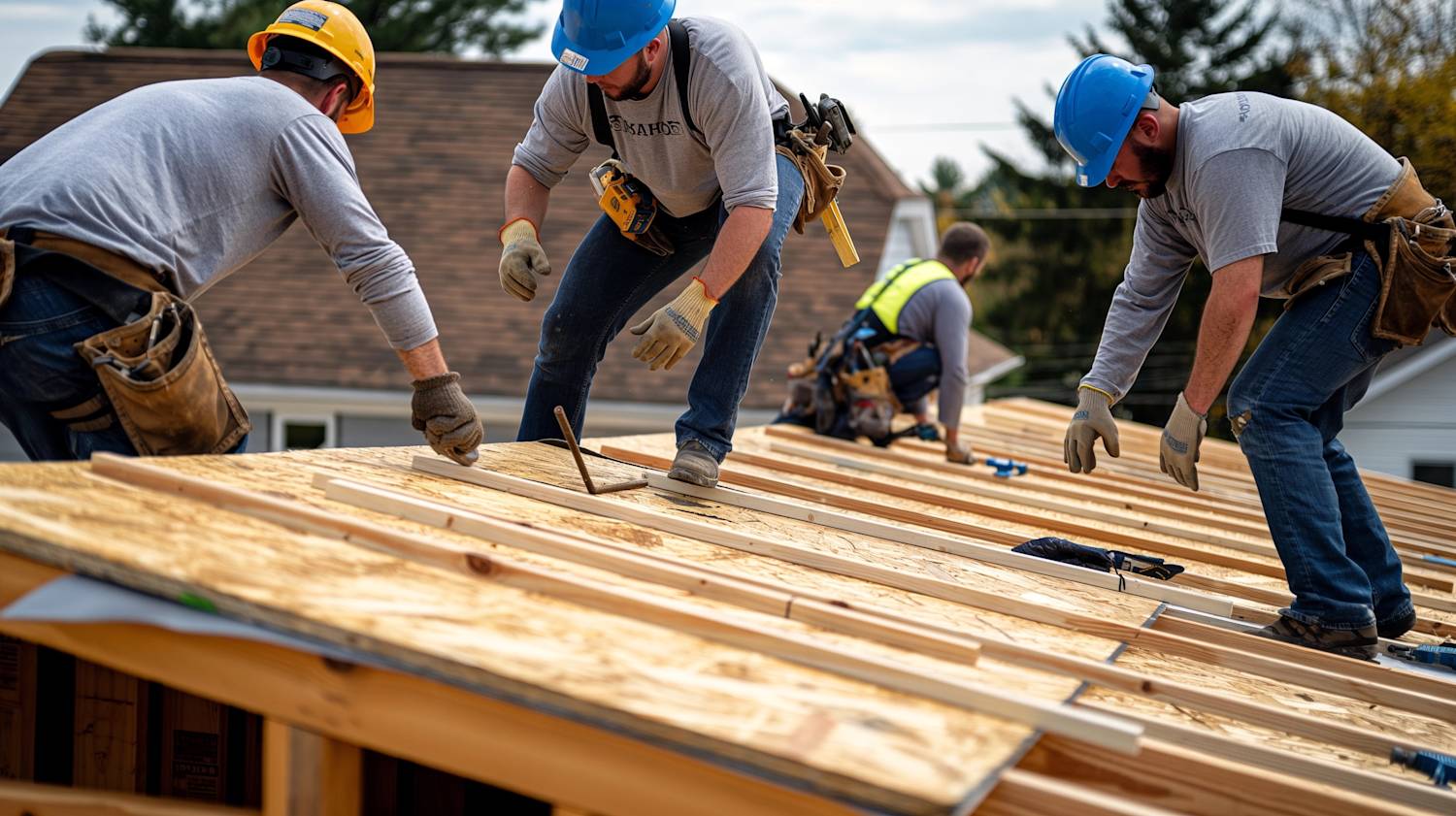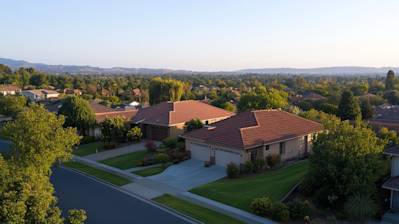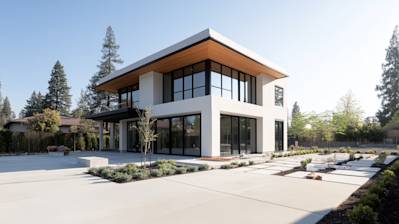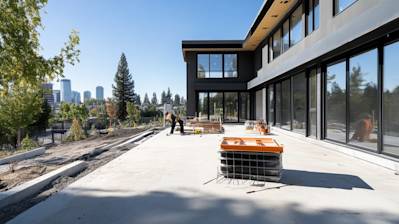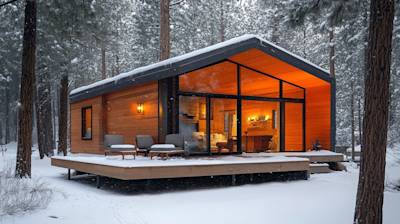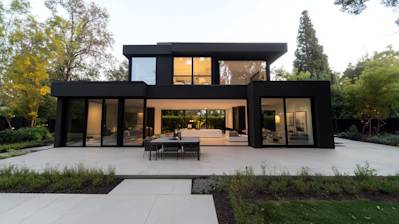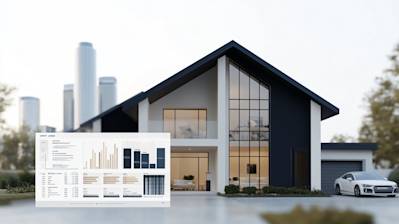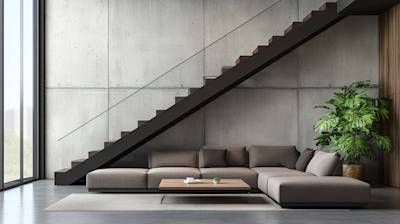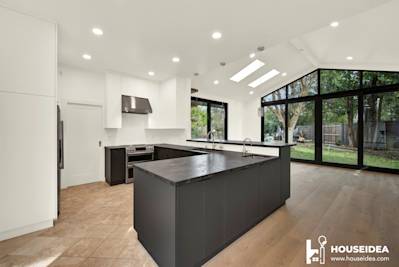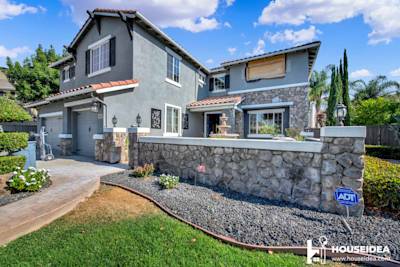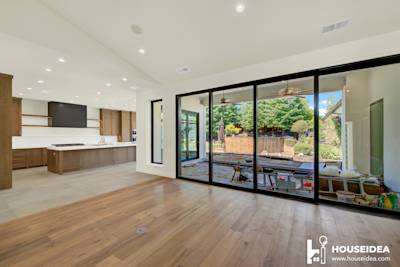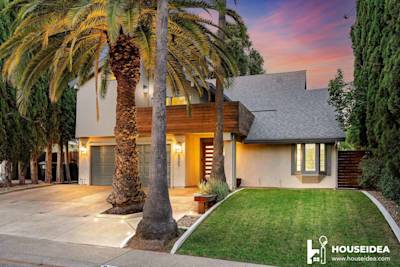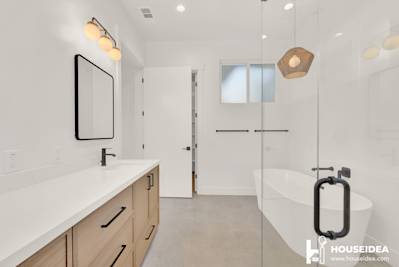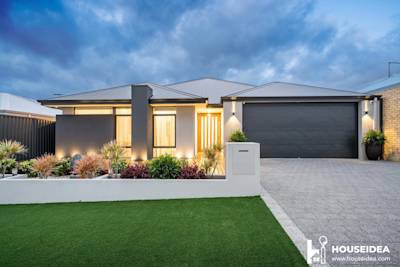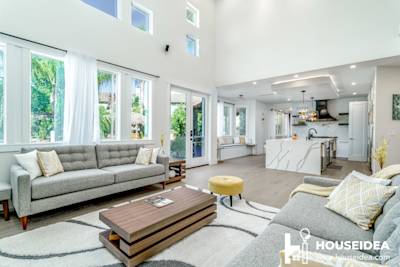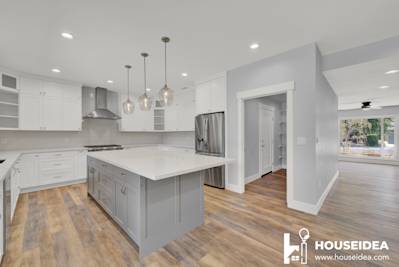When it comes to building or remodeling a home, it’s important to choose the right materials for each part of the project. One aspect that gets a lot of attention and rightly so, is the roof. The roof not only serves to protect the home from the elements, but it also adds to the overall aesthetic and value of the property. That's why understanding the materials used in roofing, particularly roofing plywood, is important.
Understanding Roofing Plywood
Roofing plywood is the material typically used as a base for your shingles, tiles, or other roofing finish materials. More technically, it is considered as sheathing that provides the layering underneath your roof's covering. This sheathing not only supports the weight of the roof’s finish but also withstands weather elements. Choosing the right plywood becomes essential as you need a durable base, that withstands all climate conditions while prolonging your overall roof's lifespan.
Selecting the Right Roofing Plywood
Understanding Plywood Grades
Roofing plywood comes in several grades, each providing a different level of performance. The grades depends upon the type and number of defects on the surface of the wood, identified by the letters A, B, C, and D. 'A' represents the best quality, with no knots or blemishes on the surface, perfect for interior work or where appearance is a concern, while 'D' bears quite a number of knots and is typically reserved for sheathing or roofing.
Plywood Thickness Matters
Roofing plywood comes in various thicknesses, usually ranging from 3/8” to 3/4". While the specific thickness needed may vary based on your roofing material and the distance between the roof rafters, the most commonly used thickness for roofing is 1/2". However, in areas with heavy snow loads, a thicker plywood may be recommended.
- 3/8" Roofing Plywood: Often used for lightweight roofs, such as shingle roofs.
- 1/2'' Roofing Plywood: Common choice for conventional roofs and can handle moderate weights.
- 3/4" Roofing Plywood: Best for supporting high loads, such as a tile roof.
Aspects to Consider When Buying Roofing Plywood
Match Plywood to Roofing Material
Using the correct plywood for your underlying roof material is as crucial as the roofing material itself. If you’re roofing with shingles, a lighter plywood might suffice. However, if you’re using heavier roofing materials like clay or concrete tiles, opt for a denser plywood.
Environmental Factors
It’s also crucial to consider the specific environmental conditions. For areas that experience high humidity or regular bouts of rainfall, consider pressure-treated plywood or those with moisture-resistant grades.
Installation of Roofing Plywood
Once you've selected your roofing plywood, proper installation is critical. It's advisable to hire a professional to ensure the job is done correctly.
Maintenance of Roofing Plywood
Although plywood is a durable material, it requires care and maintenance. Regularly check for any signs of water damage or pest infestation, and replace damaged plywood immediately to prevent problems from escalating.
Bottom Line
Roofing plywood plays a crucial role in the durability and stability of your roof. Knowing which type to use, and ensuring it's installed and maintained correctly, can drastically extend your roof's lifespan, giving you peace of mind and protecting your home for years to come.
Frequently Asked Questions about Roofing Plywood
What types of roofing plywood are there?
There are different types of roofing plywood, including Softwood, Hardwood, Tropical, Aircraft, Decorative, Flexible, Marine, and Pressure-treated. However, Softwood plywood, such as pine, fir, and spruce, is the most common for roofing purposes.
How is roofing plywood different from regular plywood?
Roofing plywood is engineered specifically to withstand harsh outdoor weather conditions and resist moisture damage. It is also typically thicker than regular plywood to provide added strength and durability.
How thick should roofing plywood be?
The thickness of roofing plywood can vary depending on the specific roofing project and local building codes. However, most residential rooftops typically use plywood that is 1/2 inch to 5/8 inch thick.
How many sheets of roofing plywood do I need?
The number of roofing plywood sheets needed will depend on the size your roof. You can determine the number of sheets required by calculating the total square footage of the roof and then dividing that number by the square footage of the plywood sheets.
How is roofing plywood installed?
Roofing plywood is installed by first removing the old roofing materials. Then, the roof is cleaned and prepared for the new plywood. The plywood sheets are then laid out across the roof and nailed down securely. Finally, a new layer of roofing material is installed over the plywood.
Can I install roofing plywood myself?
While it's possible to install roofing plywood yourself, it's usually recommended to hire professionals. This is because roofing projects can be complex and potentially dangerous if not done properly. Additionally, improperly installed roofing plywood can lead to serious issues down the line like leaks or structural damage.
How long does roofing plywood last?
The lifespan of roofing plywood can vary greatly depending on factors like the type of plywood used, the quality of installation, and the specific environmental conditions. However, with proper care and maintenance, roofing plywood can generally last anywhere from 20 to 40 years.
Does roofing plywood need to be treated?
Yes, roofing plywood typically needs to be treated to help protect it from moisture, termite damage, and rot. This is typically done with a special type of paint or sealant designed for exterior wood.
What is the cost of roofing plywood?
The cost of roofing plywood can depend on factors like the type and thickness of the plywood, the size of your roof, and where you're located. However, on average, you can expect to pay between $20 and $50 per sheet.
What should I consider when choosing roofing plywood?
When choosing roofing plywood, you should consider factors like the type of roof you have, your local weather conditions, and your budget. It's also important to consider local building codes and standards, as they can dictate specifications for roofing materials.
Pros and Cons of Roofing Plywood
Pros of Roofing Plywood
Cost-effective
- One of the most significant advantages of roofing plywood is its cost-effectiveness. It is considerably cheaper than other roofing materials, which makes it an ideal choice for homeowners working within a tight budget.
Environmentally friendly
- Roofing plywood is known for being environmentally friendly as it requires fewer resources to manufacture and process compared to metal or concrete tiles. Moreover, it is regularly made from recycled wood materials, contributing to waste reduction.
Versatility
- Plywood offers a great deal of versatility, as it can be cut, tailored, and shaped into any design, thereby accommodating a wide array of roofing designs and homeowner preferences.
Increased Structural Stability
- Roofing plywood has a layering design, which leads to increased structural stability. The layers, or veneers, cross each other at 90-degree angles, providing strength and preventing warping or shrinking.
Excellent Insulation Properties
- Roofing plywood has excellent insulating properties, helping to trap warmth inside the house during winter and maintaining a cooler temperature during summer times. It can lead to significant savings on energy costs.
Cons of Roofing Plywood
Moisture Sensitivity
- The main drawback of roofing plywood is its sensitivity to moisture. If left exposed to prolonged and significant amounts of water, it can warp or rot, potentially causing serious structural damage to the building.
Susceptibility to Pests
- Plywood roofing is vulnerable to pest infestations, including termites and other wood-boring insects. Over time, such infestations can compromise the structural integrity of the entire roof if not properly treated and managed.
Limited Lifespan
- Even though roofing plywood is robust and durable, it generally has a shorter lifespan compared to options like metal or slate roofing. It may require frequent inspections and maintenance to ensure longevity.
Irregular Quality
- The quality of roofing plywood can vary greatly depending on its source and manufacturer, with some sheets being more resilient and structurally sound than others. As such, it requires careful selection to ensure a good-quality purchase.
Needs Regular Maintenance
- Compared to other roofing materials such as metal or tiles, plywood requires more consistent maintenance. It should be regularly checked and treated for signs of wear and tear like rotten spots or water damage.
In Conclusion
- While roofing plywood presents a cost-effective and versatile solution, it also comes with its share of setbacks, including sensitivity to moisture and pests, a limited lifespan, variable quality, and increased maintenance needs. Therefore, homeowners should weigh these pros and cons carefully before deciding if roofing plywood is the best choice for their needs.
Summary
Roofing plywood offers great strength and stability, making it a popular choice for roofing construction among builders. As a homeowner, opting for this material guarantees you not only a robust structure but also excellent durability. Its high resistance to weather conditions means your roof will be less susceptible to damages, saving you repair costs in the long run.
On the other hand, it's crucial to note that although roofing plywood provides a solid foundation, it's also important how it's installed. Improper installation can lead to problems like leaks and premature aging. Therefore, always ensure that a professional does the installation to maintain the quality and lifespan of your roof. Making this simple choice can greatly enhance the value and comfort of your home.
Ultimately, the benefits of using roofing plywood surpass its initial cost. Be it construction, renovation, or repair, this material always proves to be a practical choice. Apart from offering stability and durability, roofing plywood complements the overall aesthetics of your home, giving you peace of mind and a roof above your head that you can truly take pride in.
About HouseIdea
Welcome to HouseIdea! We're a passionate team based in sunny Sacramento, CA, and we love nothing more than helping you create your dream home. Specializing in innovative design and high-quality construction, we offer personalized solutions for every room in your house. From kitchen spruce-ups to full remodeling projects, we're your go-to resource for top-notch home improvement. HouseIdea is all about bringing your ideas to life, so let's start building your perfect home together!
Tags: Roofing Plywood, Installation, Roofing Materials,

